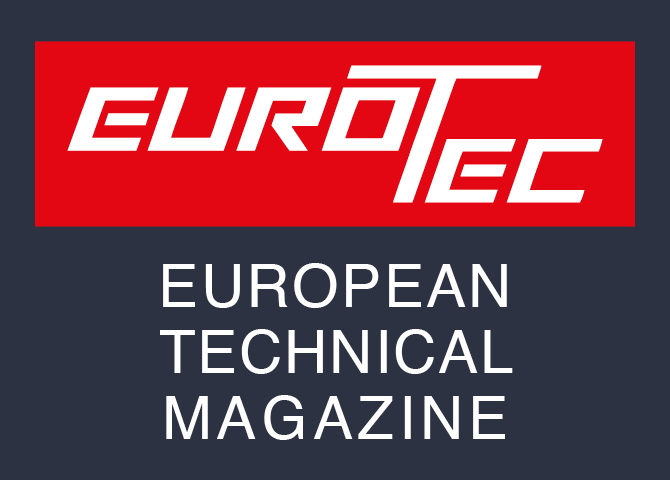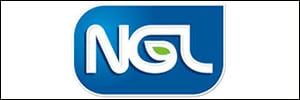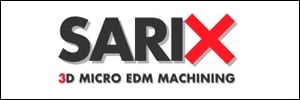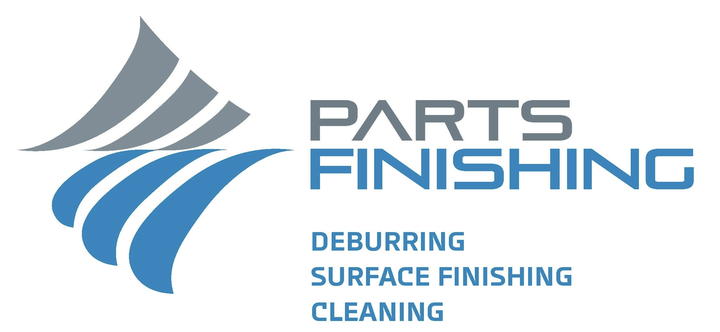The second AMB Iran takes place in Teheran from 23 - 26 May. The trade fair is almost fully booked with over 180 exhibitors. The organisers Messe Stuttgart and the German Machine Tool Builders’ Association (VDW) invited keynote speakers to three industry get-togethers in Iran in the industrial hubs Isfahan, Teheran and Tabriz.
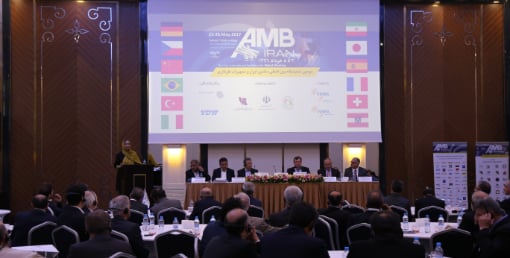
600 high-ranking representatives from politics, industry and industrial associations discussed the current situation following the lifting of the sanctions and the new opportunities of the Iranian industry. Topics which are shaking up the industry throughout the country include the technology transfer from abroad, the potential for foreign investments, and the importance of company and on-the-job training.
The transfer of knowledge and the intensive exchange with international companies is of immense importance for Mohammad Reza Barekatain, President of the Chamber of Industry and Commerce in Isfahan. The participation of Iran on the global market and the cooperation with international companies, particularly from Europe, shall be decisive for successful growth in the coming years. International perception can only be increased when the corresponding installations and facilities are available locally. Mohammad Reza Modoodi, representative of the exports and foreign trade association (TPO) and government advisor, reported a noticeable upturn in the Iranian economy. For TPO the transfer of the latest technologies is the starting point, from which better production results are possible. Subsequently the organisation is hoping for higher investments and thus also the creation of jobs.
As a result of the sanctions and the resulting restricted links with abroad, the demand for modernisation in industry is now very high. Samad Hassanzadeh, President of the Chamber of Industry and Commerce in Tabriz, estimates that 70 percent of the machines in Iranian factories are German products. The vast majority of German exhibitors at AMB Iran are therefore welcome. Younes Akbarpour Paydar, President of the Association of Automotive Parts and Machine Manufacturers in Tabriz, can also report a long history of joint ventures between German and Iranian companies. Iran is an attractive location for metal working for two reasons: the expected capacities are very high and the production costs are appropriate for the Middle East.
Mohammad Zeinalipour, Business Development Representative in the Chamber of Industry and Commerce in Isfahan, talked about the rising interest of European companies in the Iranian market. The expected technology transfer is important, but cannot solve all industrial problems in the country. The extension of the strong support for training and specific technical training courses are important for the future. Akbar Ashurion, President of the Association for Mechanical and Plant Engineering, Trucks and Suppliers in Isfahan, also emphasises that training is the top priority. A cooperative venture between associations is desirable, as well as the promotion of a university exchange between Iran and Germany.
Iran is the leading importer of electrical and automation technology in the Middle East. At the industry get-together in Teheran, Jürgen Engert, Vice President of Siemens S.S.K., the Iranian subsidiary of Siemens AG, also delivered a keynote speech focussing on automation. Siemens S.S.K. showcases products in the Automation Iran pavilion at AMB Iran.
Industry in Iran Mechanical engineering in Iran is currently experiencing a strong upturn. The numerous planned large projects, expansion investments and the necessary renewal of often very outdated industrial plants offer mechanical engineers huge opportunities. In Iran imports are expected to grow US $ 20 billion between 2015 and 2017. It is estimated that machines and accessories will account for 20 percent of this growth.
Iran possesses a well-developed automotive parts industry, but there is still a very high import requirement. There are around 15,000 production sites in Iran, but 60 percent of the parts required for the automotive industry are still imported. The production capacities of the Iranian automotive manufacturers are roughly 2 million vehicles per year. Modernisation is also needed in the oil industry. In addition, automotive manufacture, the chemicals industry or the expansion of renewable energies are some of the areas in which machines are required.
www.messe-stuttgart.de/amb_iran
